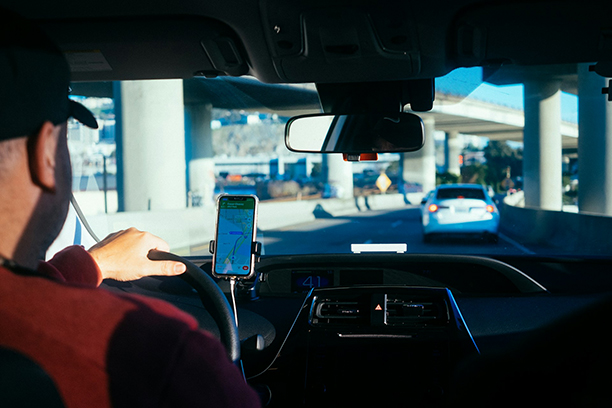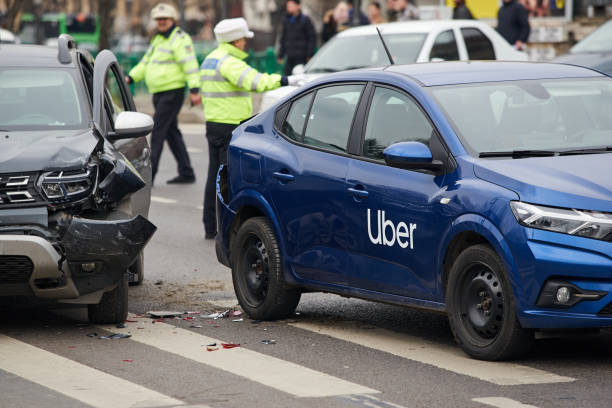ideshare apps have become extremely convenient, allowing Macon residents and visitors to easily call for a ride before and after dinner or drinks with friends, for rides to retail stores, and for airport trips. Some studies suggest that rideshare apps like Uber have reduced the rate of DUIs and alcohol-related motor vehicle crashes since people are less likely to drive drunk and more likely to call for an Uber or Lyft. At the same time, like other vehicles, rideshare vehicles can be involved in serious and deadly crashes. If you are involved in an accident involving a rideshare vehicle — either as an occupant of an Uber or Lyft, or as a pedestrian or occupant of another vehicle — it is important to understand how liability and compensation work.
Liability for a collision involving a rideshare vehicle involves the same questions concerning negligence that apply to any other kind of traffic crash, but compensation will depend on a number of factors concerning liability and the status of the rideshare vehicle. Our Macon rideshare injury attorneys can assist you with the specific details of your case. In the meantime, the following information can help clarify how liability and compensation work in these types of cases.
Insurance for an Uber or Lyft Driver
If you are injured while riding in an Uber or Lyft, or if you are in another vehicle or walking or on a bicycle when a rideshare driver causes a collision, it is critical to understand how insurance compensation works. The availability of insurance compensation (from the rideshare driver’s insurance) will depend on the status of the rideshare driver at the time of the collision. Both Uber and Lyft clarify that the following is how rideshare driver insurance works:
- When the rideshare drive is offline, meaning the app is off and the rideshare driver is not actively receiving or accepting ride requests for Uber or Lyft: the rideshare driver’s own insurance applies to the crash. In Georgia, a motorist must carry the minimum amounts of liability insurance: $25,000 bodily injury per person / $50,000 per accident / $25,000 property damage.
- When the rideshare driver is online and taking requests, but is not actively carrying a passenger or en route to pick up a confirmed passenger: Uber and Lyft provide $50,000 bodily injury per person / $100,000 per accident/ $25,000 for property damage.
- When the rideshare driver is actively carrying a passenger or en route to pick up a confirmed passenger: Uber and Lyft provide $1,000,000 for third-party liability, as well as first-party coverage.
Depending on the details of your case, you may need to file a third-party claim through another motorist’s insurance, or you may be able to seek compensation through Uber or Lyft coverage. In the event an insurance claim is insufficient to cover your losses, a lawyer can assist you with a car accident lawsuit.


